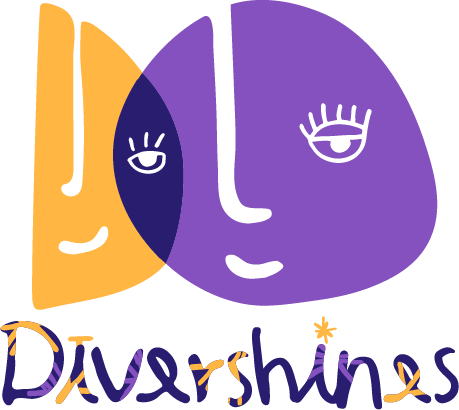Notable Characters on the Autism Spectrum in the US

In recent years, the portrayal of autistic characters in media has seen a significant transformation, bringing forth a deeper understanding and appreciation of the autism spectrum. Autistic characters in popular media not only challenge stereotypes but also offer a unique perspective on the diverse experiences of individuals with autism. From the socially awkward, yet brilliant minds in sitcoms to the inspiring professionals in medical dramas, these characters have become essential to our cultural narrative. In this article, we will explore some of the most notable autistic characters in the US and how they are shaping our perception of autism. By delving into these characters, we gain a richer understanding of the autism spectrum, moving beyond stereotypes and into a realm of greater awareness and empathy.
Understanding Autism Through Fictional Characters
Autism is often misunderstood, but fictional characters on the spectrum can offer valuable insights. These characters often exhibit characteristic traits of autism, like social communication challenges and repetitive behaviors, which are detailed in our previous post, Characteristic Symptoms of Autism. By understanding these signs, we can better appreciate the depth and authenticity of these characters.
Some famous autistic characters are:

Sam Gardner from "Atypical"
“Atypical” is a Netflix series that revolves around Sam Gardner, a high school student with autism. Sam’s journey towards independence and self-discovery provides a nuanced look at the challenges and triumphs faced by individuals on the spectrum. His character brings to light the diverse ways autism can manifest, from sensory immaturity to difficulties in social interactions.
Dr. Shaun Murphy from "The Good Doctor"
“The Good Doctor” features Dr. Shaun Murphy, a surgical resident with autism and savant syndrome. His extraordinary medical skills, juxtaposed with his social communication challenges, present a powerful narrative about the capabilities of individuals with ASD in high-pressure professions.
Abed Nadir from "Community"
Abed Nadir from the sitcom “Community” is another character believed to be on the autism spectrum. Abed’s love for film and television, along with his unique way of relating to the world, showcases the creative potential and unique perspective of individuals with autism.

These characters break down stereotypes, showcasing that individuals on the spectrum can lead fulfilling, diverse lives and contribute significantly to society in various roles. It’s important, however, to recognize that while these portrayals are steps in the right direction, there is still much room for improvement. Authentic representation that captures the full diversity and complexity of the autism spectrum is essential. This involves consulting with individuals on the spectrum and ensuring that their voices and experiences are genuinely reflected in these characters.
An authentic representation in media not only educates the public but also empowers individuals with autism by seeing themselves reflected in these characters. It’s crucial for writers and producers to consult with individuals on the spectrum to ensure accuracy and sensitivity.
Remember, every character we see on screen can be a mirror into the lives of real individuals with autism, providing valuable insights and encouraging us all to embrace the beauty of diversity.
FAQs
Yes, many autistic characters in media are inspired by real-life individuals with autism. Writers often draw from personal experiences or consult with individuals on the spectrum to create authentic portrayals.
Media representation can significantly influence public perception by educating viewers, challenging stereotypes, and promoting empathy and understanding towards the autism community.
References
- “Atypical” – https://www.vulture.com/2017/08/atypical-review.html
- “The Good Doctor” – https://www.imdb.com/title/tt6470478/
- “Community” – https://community-sitcom.fandom.com/wiki/Abed_Nadir


